7 Foods to Reduce Anxiety

Ahhh…anxiety. Yes, it is never pleasant to feel the heart beating wildly in your chest, that sweat which comes out profusely from your skin, to have that worrying thoughts that are hammered to your brain. However, it is actually a normal response to stress, a way that your body is signalling you that there is some danger ahead. We all feel anxious from time to time. But when it starts to be excessive and lasts 6 months or more and it starts to consume your life…that’s when you know that your anxiety is starting to become more serious and this is known as anxiety disorder.
But fret not! Either you experience subtle signs of anxiety or you are struggling with an anxiety disorder, you can reap awesome benefits when you fuel your body with the right kind of foods.
- Brazil nuts
In places where there is adequate selenium (Se) content in the soil, Brazil nuts become wonderful organic sources of selenium (Shreenath, Ameer, & Dooley, 2021).
A study done by Benton & Cook (1991) showed that there was correlation between the change in mood and the level of selenium in the diet. In the study, a sample of 50 subjects which represented the British population was supplied with a selenium supplement for 5 weeks. They were divided into two groups; in which they either received a placebo or 100 mcg selenium everyday. They were required to fill in the food frequency questionnaire to approximate the dietary intake of selenium. In conclusion, during the span of 5 weeks of selenium therapy; when the level of dietary selenium decreases, there would be more reports of anxiety, depression, and tiredness.
Psych2goers, it is crucial to note that consuming selenium in excess can lead to side effects. An adult is recommended to take up to 400 micrograms (mcg) per day. Therefore, you need to be vigilant not to take high doses of selenium supplements or consume more than three to four Brazil nuts a day (Butler & Crichton-Stuart, 2018).
- Fatty fish
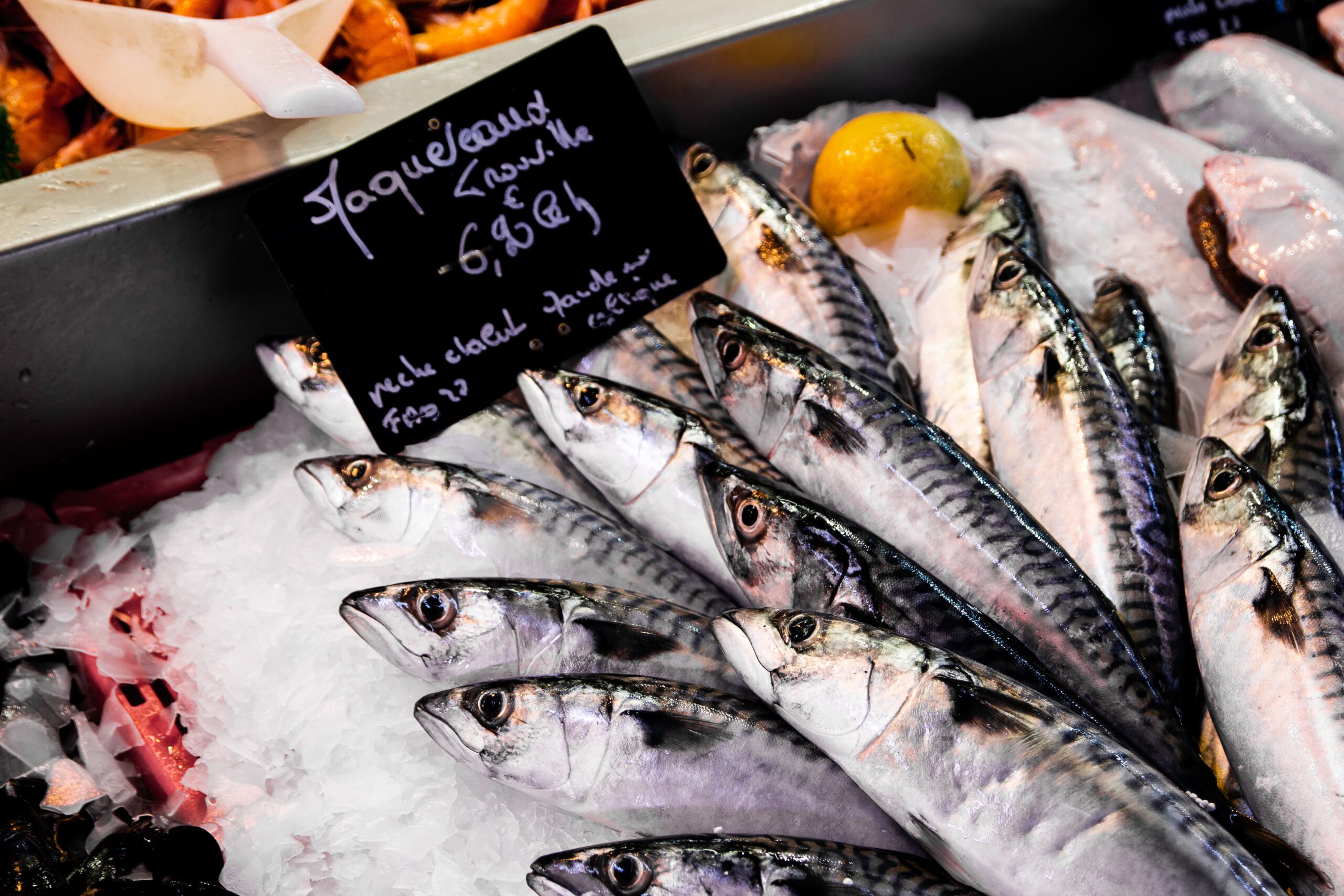
Psych2goers, do you know that fatty fish like salmon, mackerel, sardines, trout, and herring are rich sources of omega-3? The omega-3-rich foods contain alpha-linolenic acid (ALA) which provides two essential fatty acids:
- Eicosapentaenoic acid (EPA)
- Docosahexaenoic acid (DHA)
These two essential fatty acids enable neurotransmitter regulation, reduce inflammation, and encourage healthy brain function (Butler & Crichton-Stuart, 2018). They are essential nutrients which have potential preventative and therapeutic effects on psychiatry disorders such as anxiety and depression (Logan et al., 2015).
According to a systematic review and meta-analysis study published in JAMA, there was association between the intake of omega-3 PUFAs and a significant reduction in anxiety symptoms, compared with controls. Apart from that, there was a significantly higher association of treatment with reduced anxiety symptoms of omega-3 PUFA in subgroups with specific clinical conditions than in subgroups without clinical diagnoses (Kuan-Pin et al., 2018).
- Dark chocolate
Nyum nyum nyum. You munch on a bar of dark chocolate which you received in a bouquet of chocolates and flowers given to you during your birthday. You always feel that your mood is improved when you eat dark chocolate on days where you feel down.
In a study published in the International Journal of Health Sciences, daily consumption of 40g of Dark and Milk chocolate by female students during a period of 2 weeks is effective in decreasing perceived stress that they experienced.
It is actually unclear as to how the consumption of dark chocolate leads to stress reduction, however it is important to note that dark chocolate is a rich source of polyphenols especially flavonoids. According to a study done by Shun-Chiao et al. (2016), flavonoids might reduce neuroinflammation and cell death in the brain as well as improve blood flow.
- Turmeric
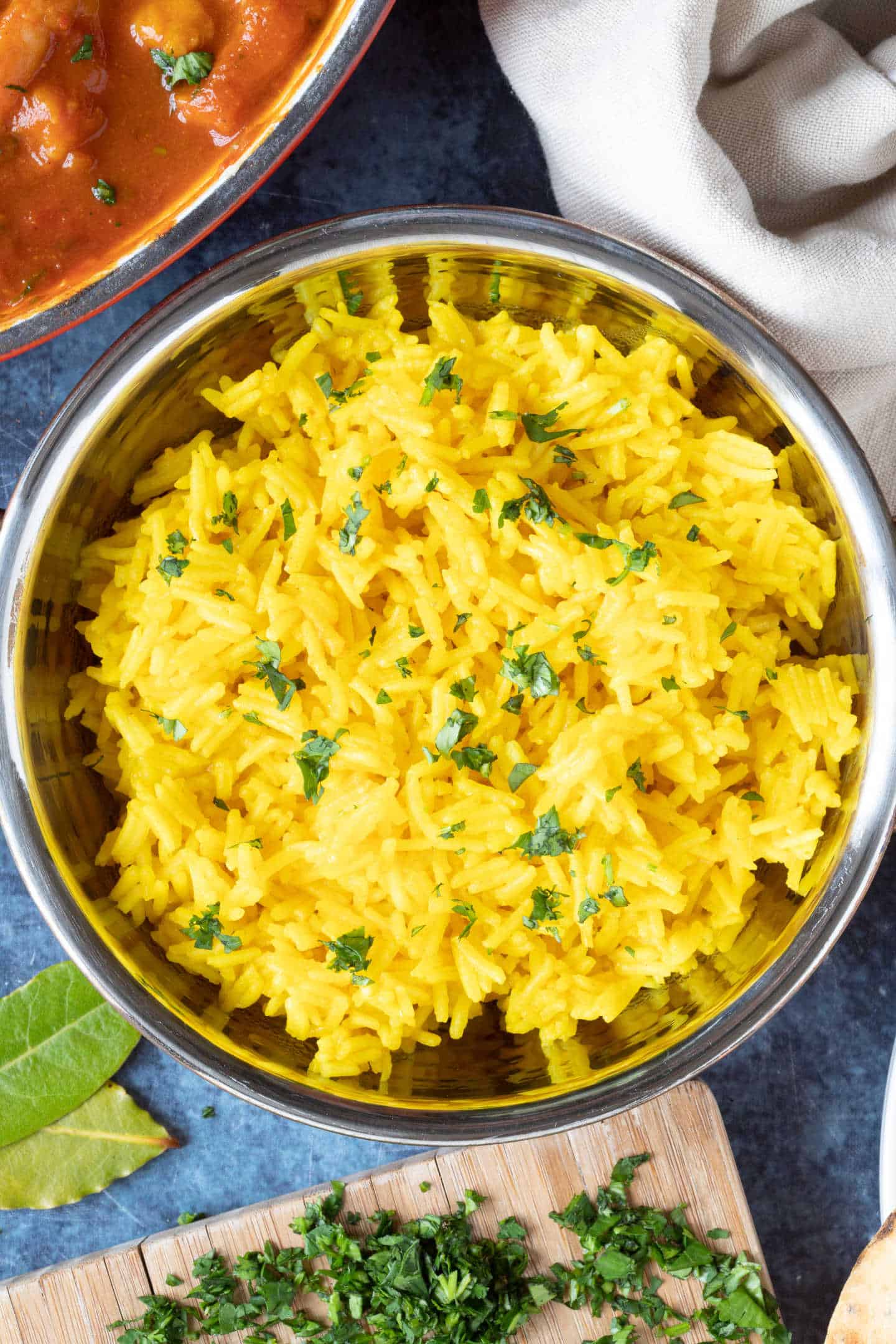
You visit your Indian neighbour’s home for a Deepavali dinner. The wife cooks Indian turmeric rice and it tastes so delish.
Turmeric is a common spice used in Indian and South-East Asian cooking, which has a warm, bitter taste and is usually used to flavour or colour curry powders, mustards, butters, and cheeses. This spice contains a chemical called curcumin which may reduce inflammation and oxidative stress and help lower anxiety. Curcumin also causes an elevation in the enzymes involved in the pathway of DHA synthesis via the FASD2 dependent pathway (Wu et al., 2015).
- Chamomile
It is early in the morning, just before the sun rises on the horizon. You go to your kitchen and make yourself a cup of hot chamomile tea.
There is a global consumption of chamomile tea as a herbal remedy due to its anti-inflammatory, antibacterial, antioxidant, and relaxant properties.
According to a randomized clinical trial done by Mao et al. (2016), there was a significant reduction of moderate-to-severe generalized anxiety disorder (GAD) symptoms when there was long-term chamomile intake, however it did not significantly reduce the rate of relapse of the psychiatry disorders.
- Yogurt
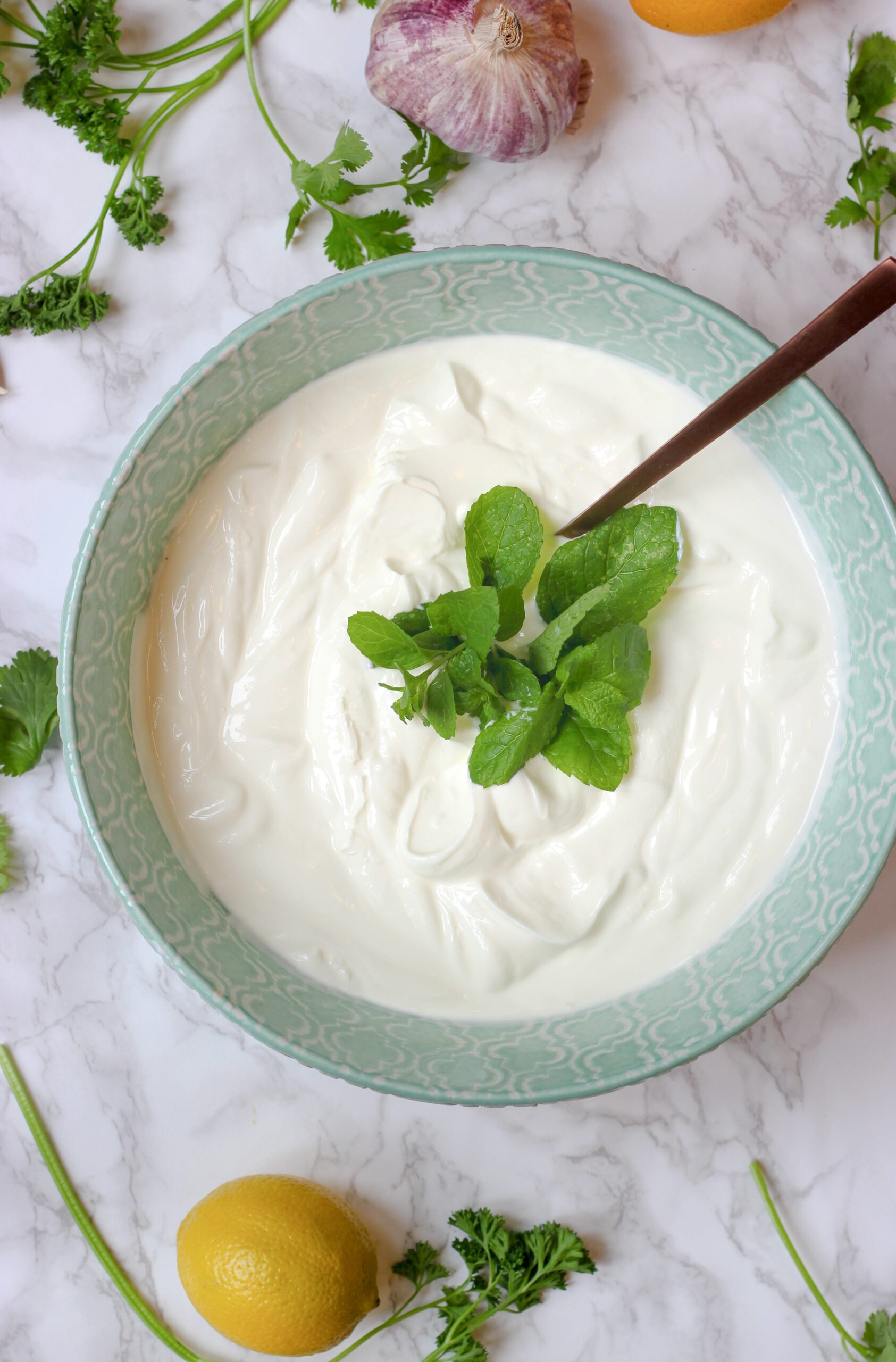
You take out a tub of yogurt from your fridge. You enjoy eating it as your breakfast.
Do you know, healthful bacteria such as Lactobacillus and Bifidobacteria can be found in yogurt? It is reported that these bacteria and fermented foods (ie cheese, sauerkraut, kimchi, and fermented soy products) may amplify the specific nutrient and phytochemical content of foods, and affect the brain health via direct and indirect pathways (Selhub, Logan, & Bested, 2014).
According to a study done by Hilimire, DeVylder, & Forestell (2015), there was an association between higher frequency of fermented food consumption and fewer symptoms of social anxiety. It is also stated that for those at higher genetic risk, as indexed by trait neuroticism; fermented foods that contain probiotics may have a protective effect against social anxiety symptoms.
- Green tea
You really love drinking green tea while watching the skyline outside your apartment. You found it so relaxing and calming.
Amino acid called theanine was contained in green tea. However, theanine is obtaining increasing scrutiny due to its potential effects on mood disorders. The production of serotonin and dopamine may increase and you can reduce your anxiety when drinking green tea (Butler & Crichton-Stuart, 2018). A review by Dietz and Dekker (2017) reported that L-theanine alone improved self-reported relaxation, tension, and calmness starting at 200mg. The combination of L-theanine and caffeine were found to exceptionally improve performance in attention-switching tasks and alertness, but to a lesser extent than caffeine alone.
REFERENCES
Al Sunni, A., &; Latif, R. (2014, October). Effects of chocolate intake on Perceived stress; a controlled clinical study. International journal of health sciences. https://www.ncbi.nlm.nih.gov/pmc/articles/PMC4350893/.
Benton, D., &; Cook, R. (1991, June 1). The impact of selenium supplementation on mood. Biological psychiatry. https://pubmed.ncbi.nlm.nih.gov/1873372/.
Butler, N., &; Crichton-Stuart, C. (2018, August 1). 9 foods that help reduce anxiety. Medical News Today. https://www.medicalnewstoday.com/articles/322652#nine-foods-to-eat-to-help-reduce-anxiety.
Chang, S.-C., Cassidy, A., Willett, W. C., Rimm, E. B., O’Reilly, E. J., &; Okereke, O. I. (2016, September). Dietary flavonoid intake and risk of incident depression in midlife and older women. The American journal of clinical nutrition. https://www.ncbi.nlm.nih.gov/pmc/articles/PMC4997290/.
Dietz, C., & Dekker, M. (2017). Effect of green TEA Phytochemicals on mood and cognition. Current pharmaceutical design. https://pubmed.ncbi.nlm.nih.gov/28056735/.
Hilimire, M. R., DeVylder, J. E., & Forestell, C. A. (2015, August 15). Fermented foods, neuroticism, and social anxiety: An interaction model. Psychiatry research. https://pubmed.ncbi.nlm.nih.gov/25998000/.
Kuan-Pin , S., Ping-Tao, T., & Pao-Yen, L. (2018, September 14). Association of omega-3 polyunsaturated fatty acids with Anxiety symptom severity. JAMA Network Open. https://jamanetwork.com/journals/jamanetworkopen/fullarticle/2702216.
Mao, J. J., Xie, S. X., Keefe, J. R., Soeller, I., Li, Q. S., & Amsterdam, J. D. (2016, December 15). Long-term chamomile (matricaria chamomilla l.) treatment for generalized anxiety disorder: A randomized clinical trial. Phytomedicine : international journal of phytotherapy and phytopharmacology. https://www.ncbi.nlm.nih.gov/pmc/articles/PMC5646235/.
Sarris, J., Logan, A.C., Akbaraly, T.N., et al; International Society for Nutritional Psychiatry Research. Nutritional medicine as mainstream in psychiatry. Lancet Psychiatry. 2015;2(3):271-274. doi:10.1016/S2215-0366(14)00051-0
Selhub, E. M., Logan, A. C., & Bested, A. C. (2014, January 15). Fermented foods, microbiota, and mental health: Ancient practice meets nutritional psychiatry. Journal of physiological anthropology. https://www.ncbi.nlm.nih.gov/pmc/articles/PMC3904694/.
Wu, A., Noble, E. E., Tyagi, E., Ying, Z., Zhuang, Y., & Gomez-Pinilla, F. (2014, December 27). Curcumin boosts dha in the brain: Implications for the prevention of anxiety disorders. Biochimica et Biophysica Acta (BBA) – Molecular Basis of Disease. https://www.sciencedirect.com/science/article/pii/S0925443914003779.

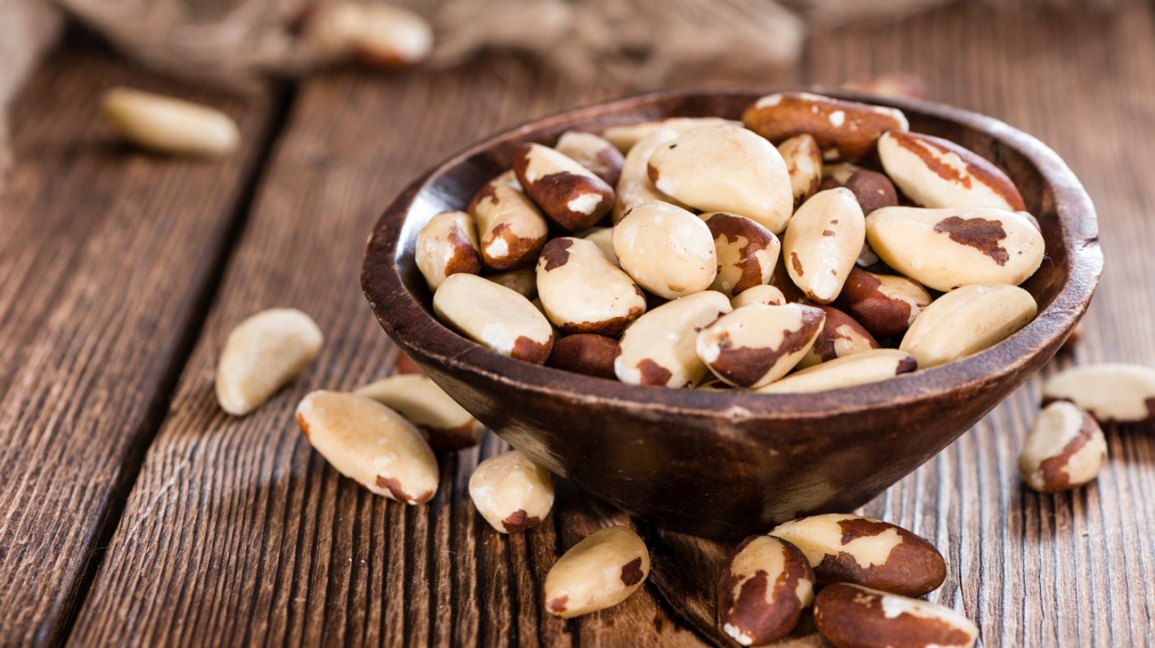
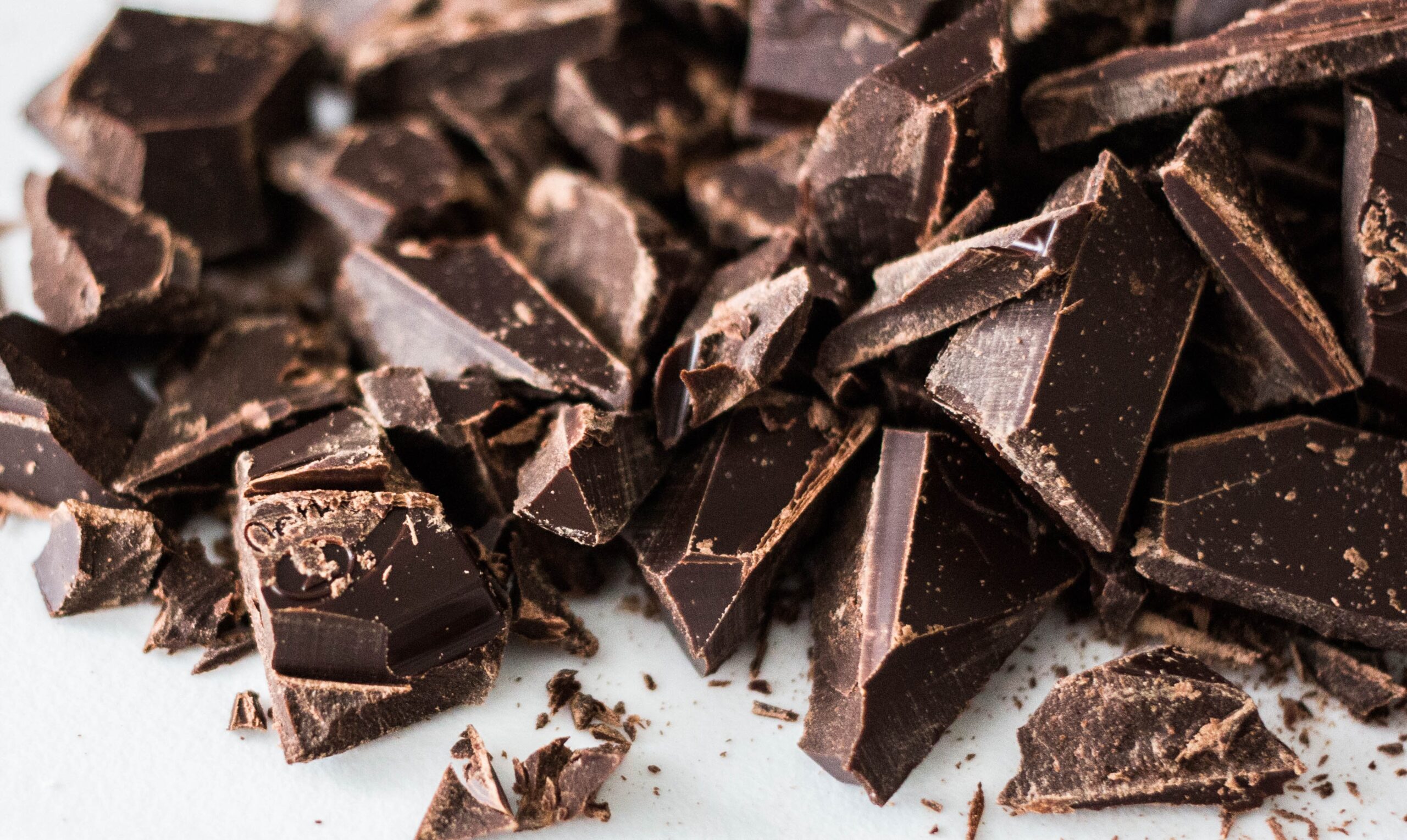
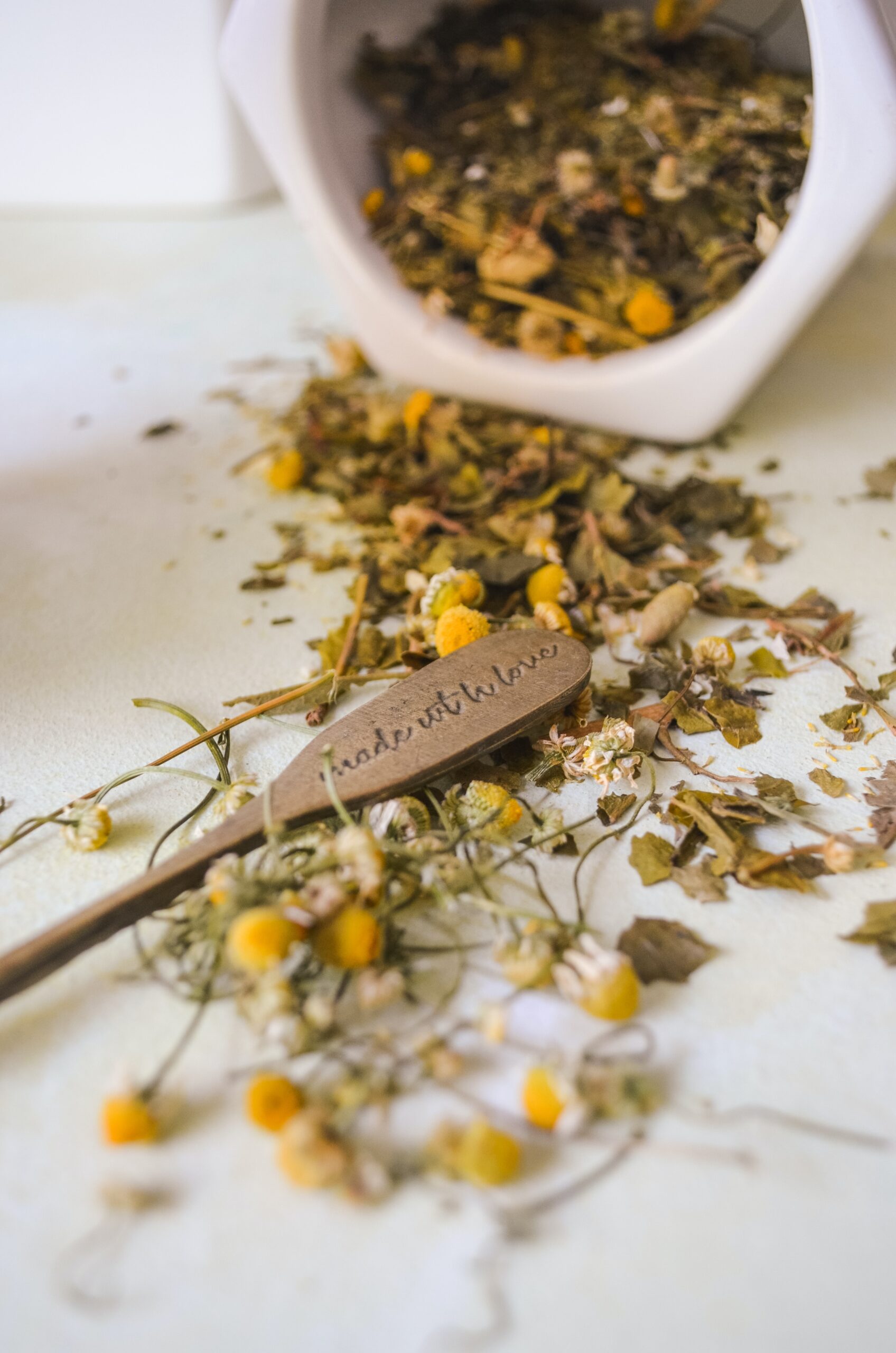
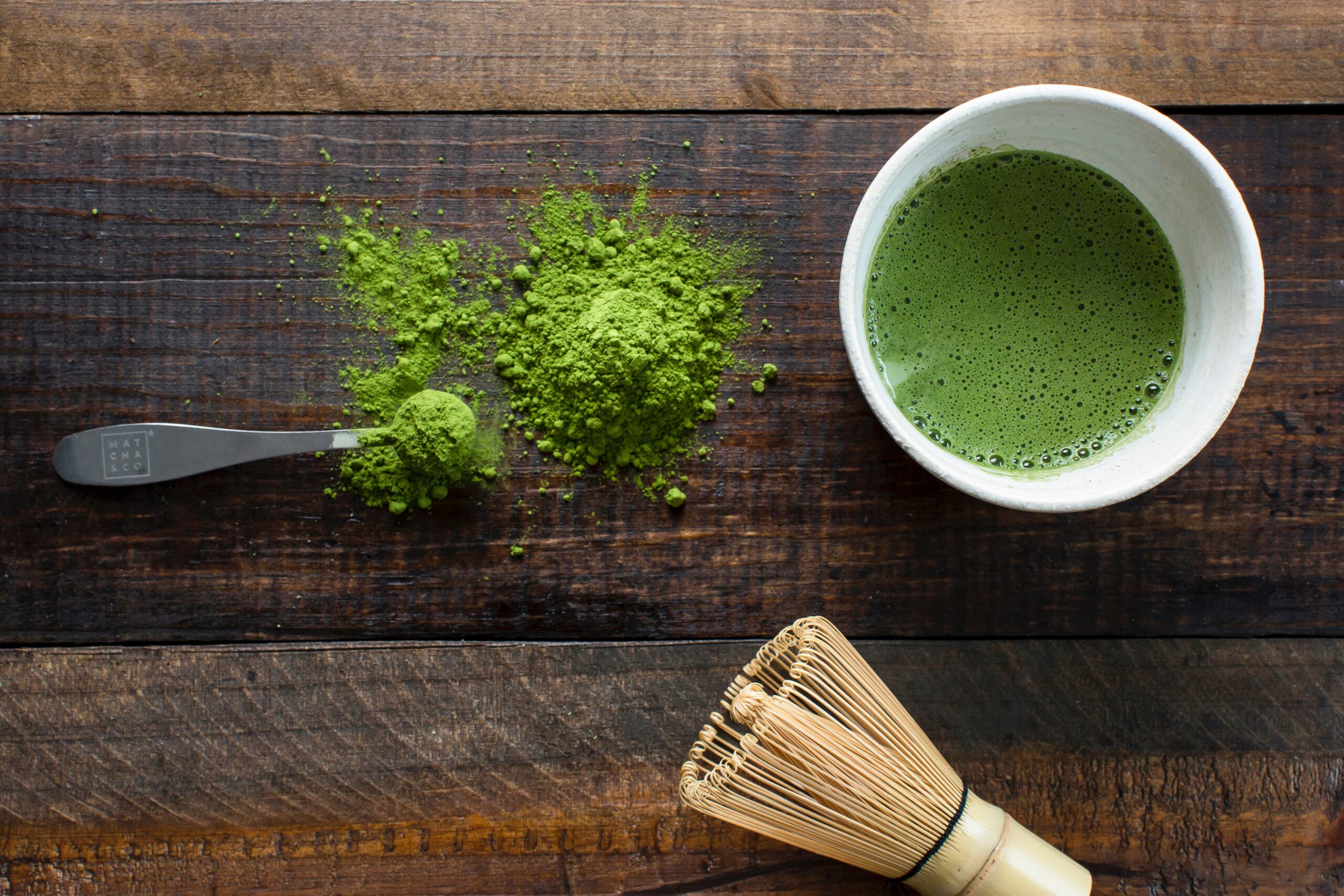



Responses